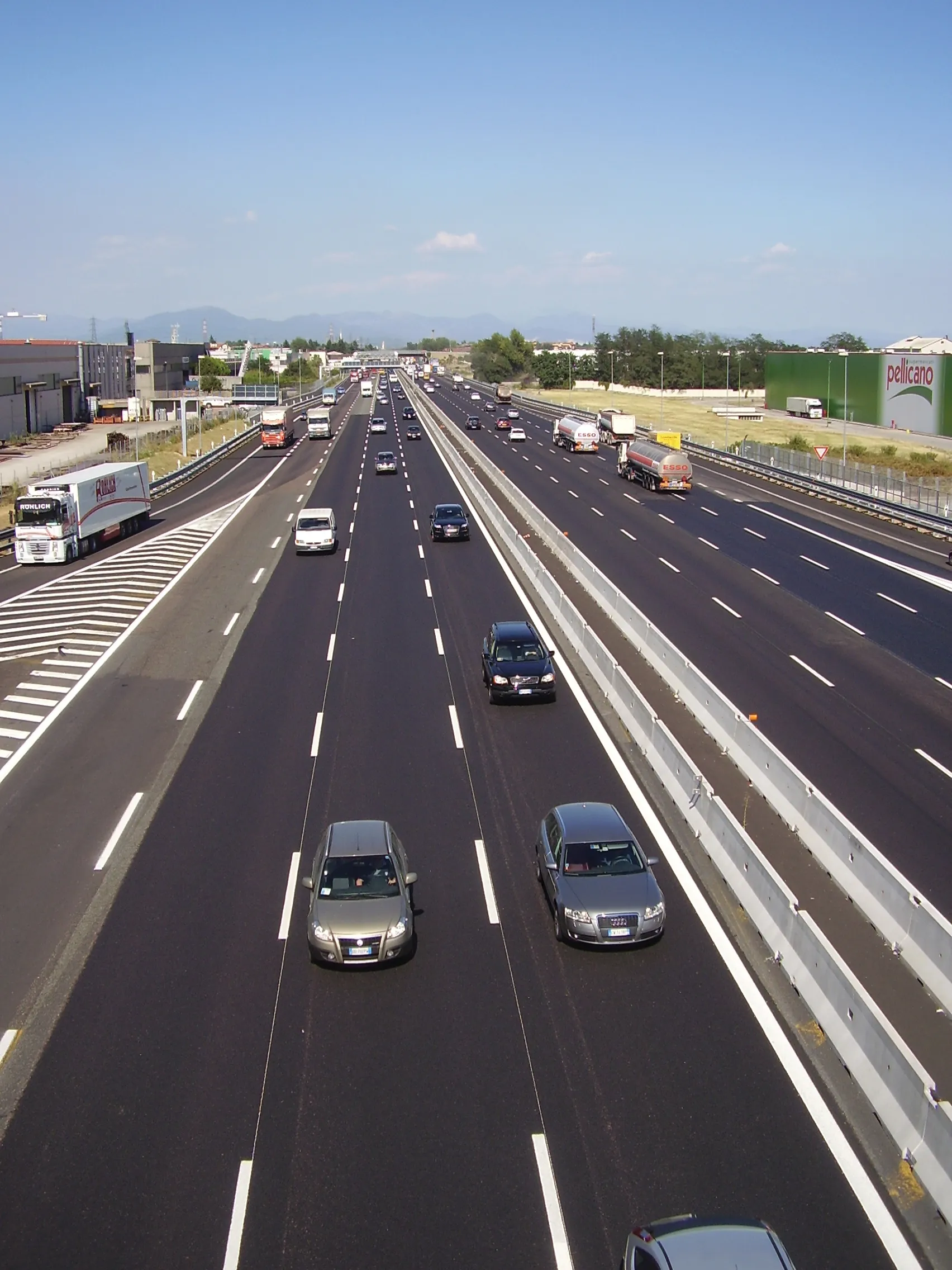Official data from the German Federal Statistical Office (Destatis) reveals that in 2013, the country had the highest number of crashes since reunification. In all some 2.4 million crashes were reported to police, an increase of 0.5% from the figures recorded for 2012. But while the number of crashes grew, the number of fatalities on German roads fell to 3,339, a drop of 7.3% from 2012. This is the lowest annual road fatality rate since the country commenced compiling official records in 1953. Meanwhile the
July 4, 2014
Read time: 1 min
RSSOfficial data from the German Federal Statistical Office (5143 Destatis) reveals that in 2013, the country had the highest number of crashes since reunification. In all some 2.4 million crashes were reported to police, an increase of 0.5% from the figures recorded for 2012. But while the number of crashes grew, the number of fatalities on German roads fell to 3,339, a drop of 7.3% from 2012. This is the lowest annual road fatality rate since the country commenced compiling official records in 1953. Meanwhile the rate of serious injuries dropped 3.4% while minor injuries fell 2.5%. The statistics provide a marked contrast with 1970, when fatalities hit a peak. In 1970 there were 21,332 people killed in crashes in Germany, with the figures for 2013 revealing a drop in the death rate of 80%.






